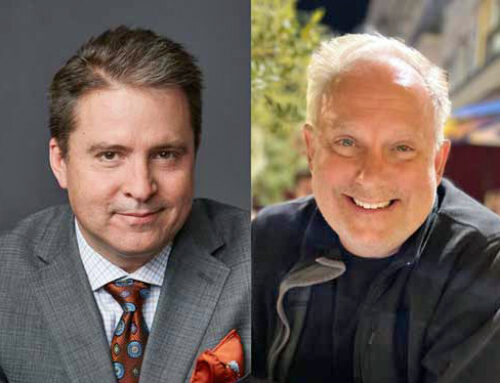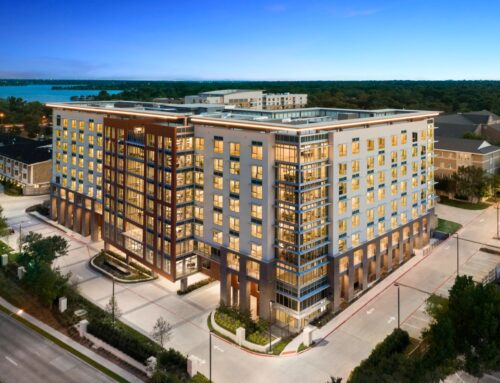One of the nice things about a monthly neighborhood-oriented publication is that you have the opportunity to focus on the positive if less-publicized things that go on in our community as opposed to the daily dose of tragedy, catastrophe and violence in the round-the-clock media. These events must be covered, but they sometimes skew our perceptions of our fellow human beings for the worse.
It’s really refreshing, then, to hear about some of the positive and helpful things that our East Dallas churches are doing to help out our neighbors in need. So many times when you hear about religious leaders, groups or institutions in the news, especially where religion crosses paths with our public or political affairs, it’s about something controversial or divisive, with a sometimes-judgmental tone as an undercurrent of the discussion. That’s unfortunate, because it obscures the aspirations of tolerance, compassion and other-centeredness that underlie the teachings of the world’s major religions as well as the other, less formal and more personal spiritual paths that many follow.
Seeing groups and individuals put their beliefs and commitments into action is good not just because of the results that are achieved but also because this serves as leadership by example for many others. Whatever your religious, spiritual, political or social beliefs, most of us would agree that there is much too little of a sense of community in our society.
Instead of fostering a sense of connectedness among each other, our culture sometimes does just the opposite — for example, the other day I heard a radio commercial for a car dealer, the premise of which was that you should take advantage of their prices since people will generally try to get away with whatever they can. Even in a humorous vein, what kind of message does that send to an eight- or ten-year-old? That it’s expected that you’ll try to take advantage of other people? Many scholars have espoused a more “communitarian” approach to our public and private lives, which calls for us to be more engaged with each other’s welfare, the “common good”, without sacrificing too much of our individual autonomy.
Of course, this is the focus of a lot of public debate right now, especially after welfare reform and the devolution of many social programs to the states and cities. Lots of people advocate much more reliance on “faith-based” organizations and other non-profits, rather than government, to take up the slack in caring for the less fortunate of our fellow citizens, while many others say that private charity alone will never be adequate and that government, which is, after all, in theory an expression of our own political will, must provide a safety net.
There once was a time when government did little in the way of social programs — at the beginning of the Great Depression, before the advent of the New Deal. Today, I think most of would say that there is plenty of opportunity not only for government, but also churches, non-profits and individuals to pitch in with their time or money to help their neighbors and rebuild our sense of community. Those that do richly deserve our gratitude and support, and perhaps more of us would do well to follow their example.





